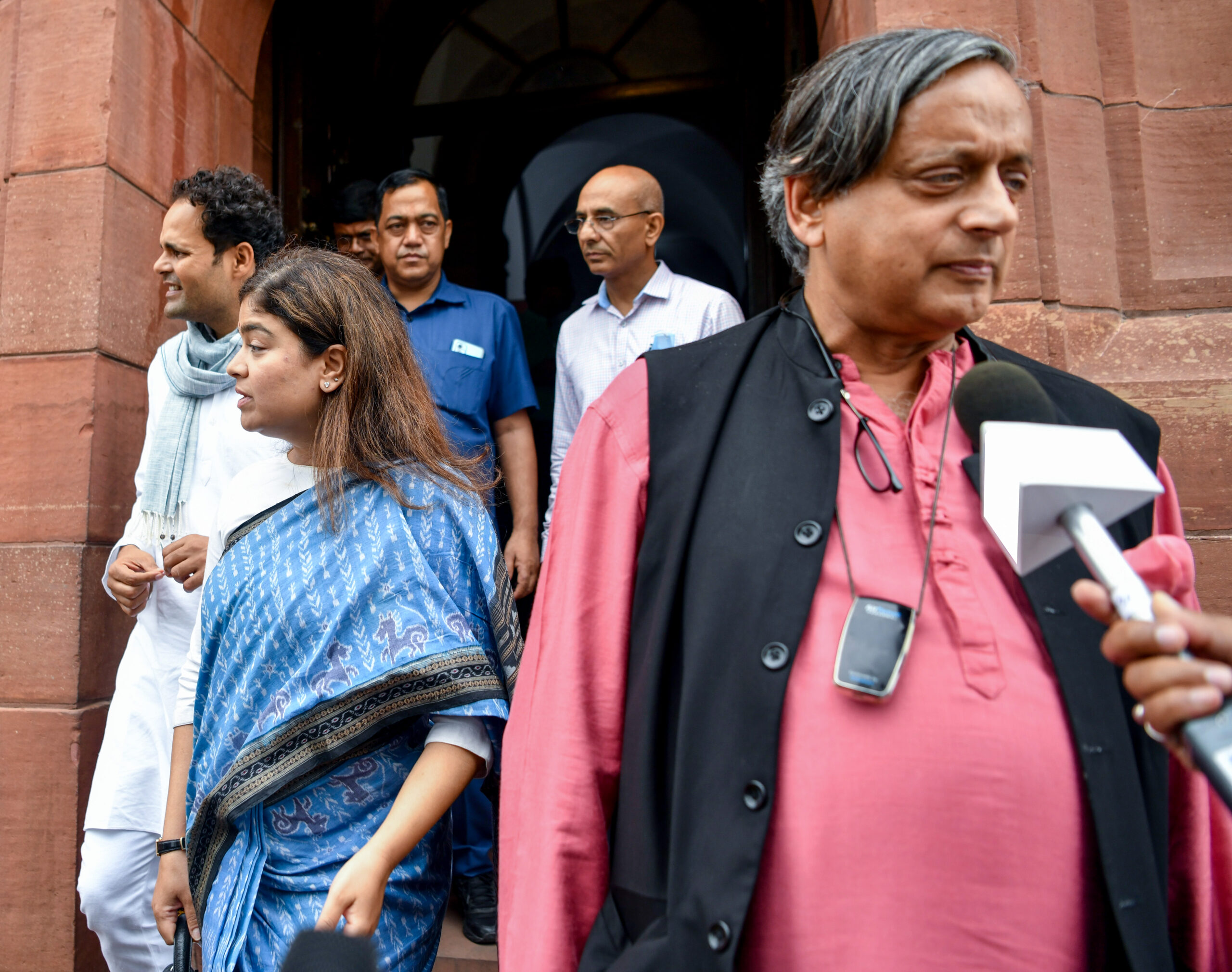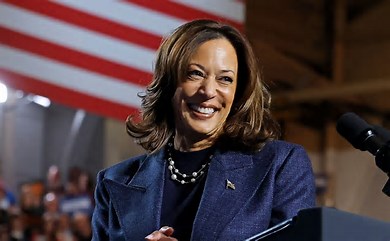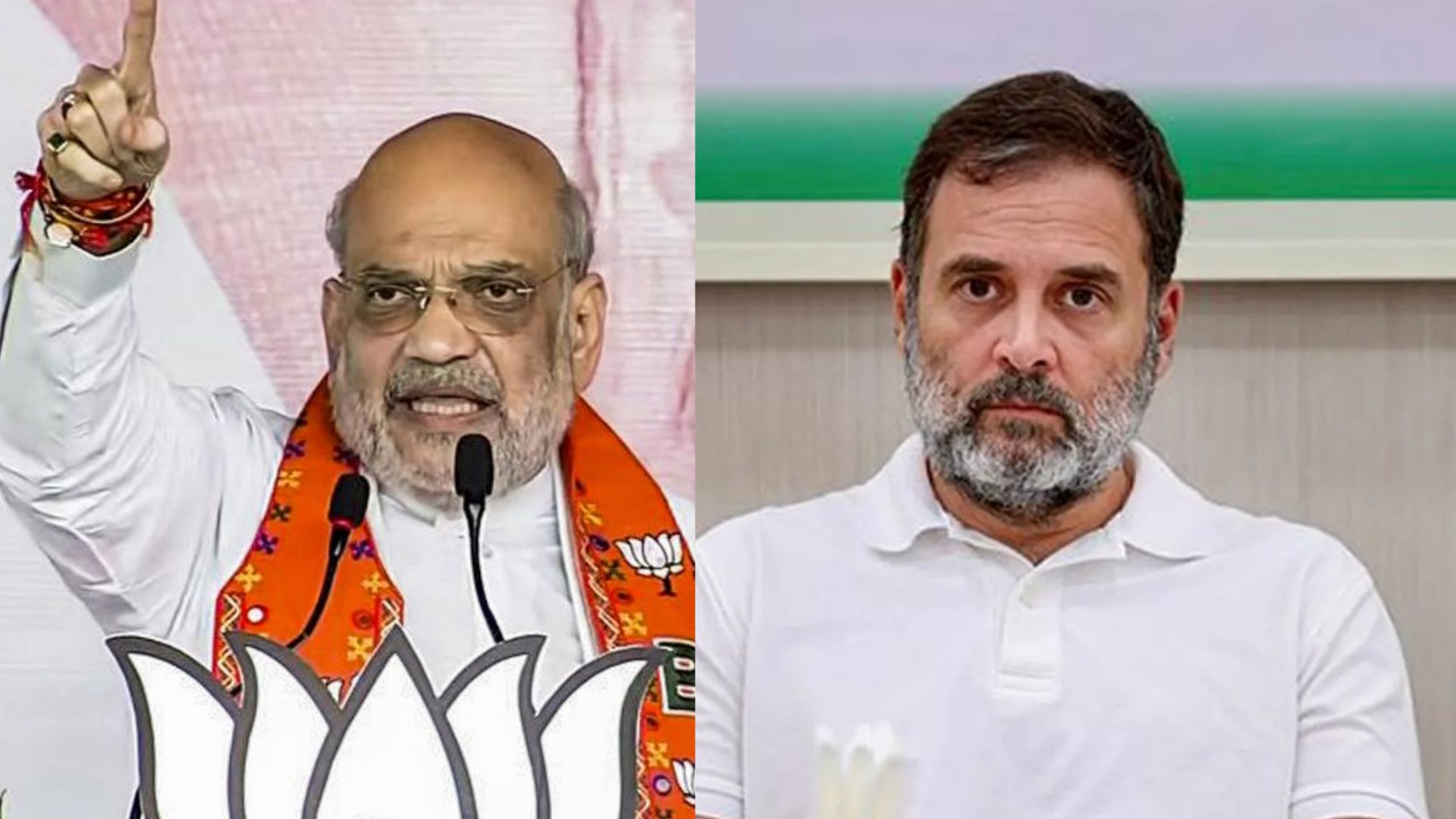
In a turn of events spotlighting international diplomacy and geopolitical relations, India and Brazil are actively opposing China’s persistent efforts to expand the BRICS group of emerging markets. Senior diplomatic sources claim these nations are formulating strategies to ensure China’s political agenda doesn’t determine the group’s evolution. The resistance comes as China reportedly seeks to leverage the expansion to bolster its influence and counter the US.
Ahead of a pivotal summit in Johannesburg, both India and Brazil have expressed their objections to China’s lobbying for Indonesia and Saudi Arabia’s inclusion in the BRICS group, composed of Brazil, Russia, India, China, and South Africa. This proposition, part of China’s repetitive expansion attempts, has been met with resistance and deepening concern from several Western nations. They fear the group’s enlargement could significantly challenge the United States and the European Union’s global influence.
India and Brazil plan to discuss the potential inclusion of additional countries as observers during the upcoming summit. Although South Africa has been identified as potentially favouring expansion, Indian officials continue to engage in dialogue with their South African counterparts, hoping for shared reservations on the group’s enlargement.
In a separate development, the ongoing India-China visa dispute has taken a new turn. Shashi Tharoor, a prominent Indian Congress figure, has proposed a retaliatory measure against China’s issuance of stapled visas to sportspersons from Arunachal Pradesh. Tharoor suggests India should reciprocate by issuing stapled visas to Tibetan applicants.
The decision was prompted by China’s actions, which were perceived as discriminatory based on domicile or ethnicity. India lodged a strong protest, and the issuance of stapled visas resulted in the cancellation of a trip by a Wushu team to Chengdu for the World University Games.
China’s issuance of stapled visas to Arunachal Pradesh citizens has caused tension in the past due to the country’s territorial claims over Arunachal Pradesh, which it considers part of Southern Tibet. This ongoing tension and Tharoor’s novel but controversial proposal pose a significant challenge to bilateral relations between the two nations, requiring careful diplomatic navigation.















